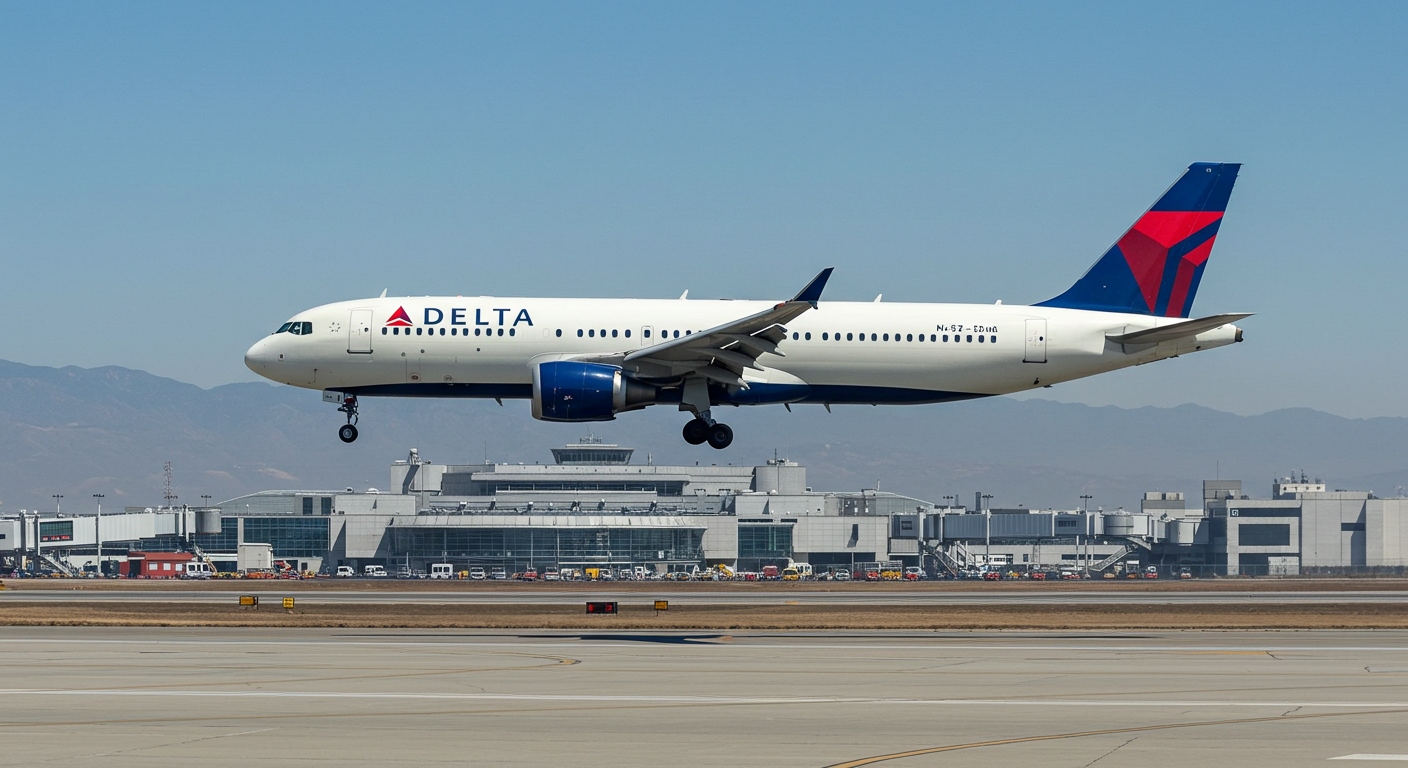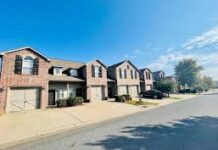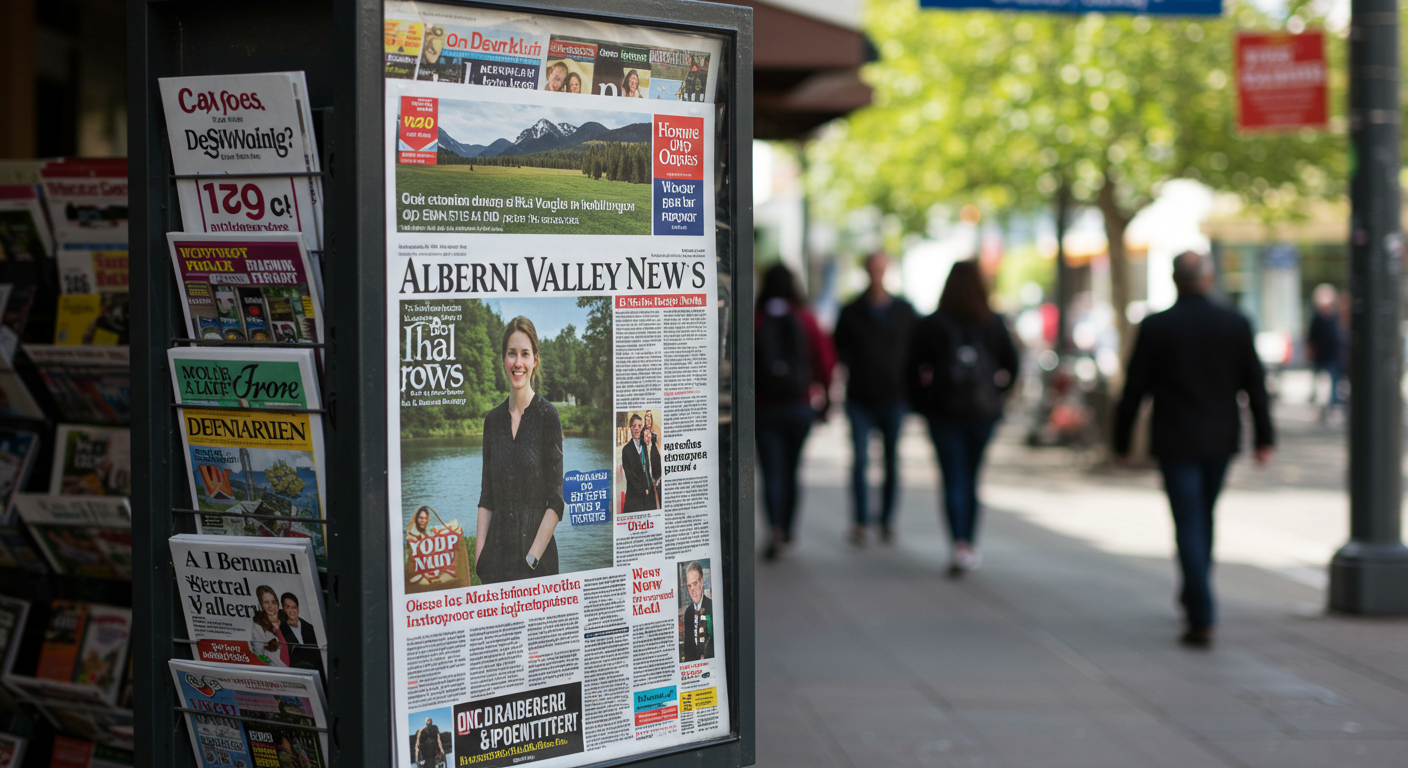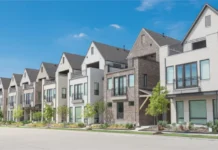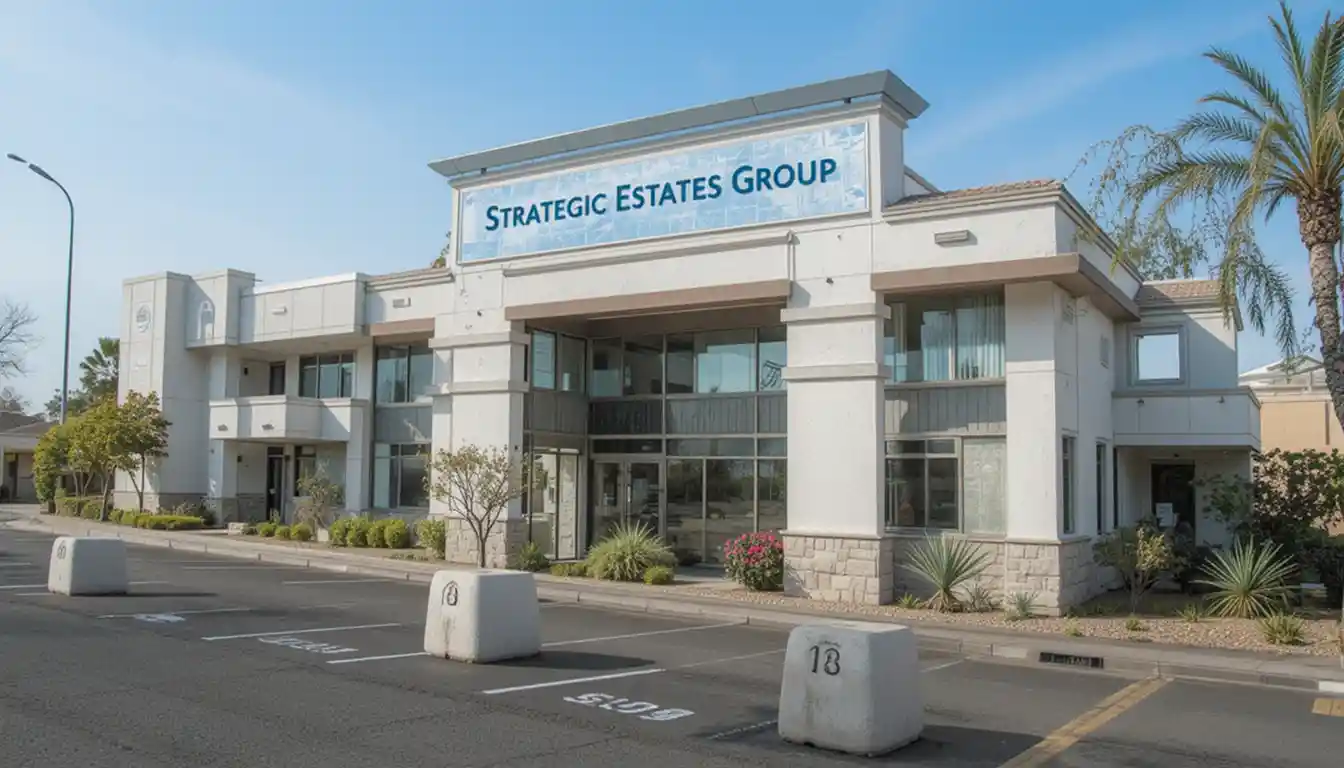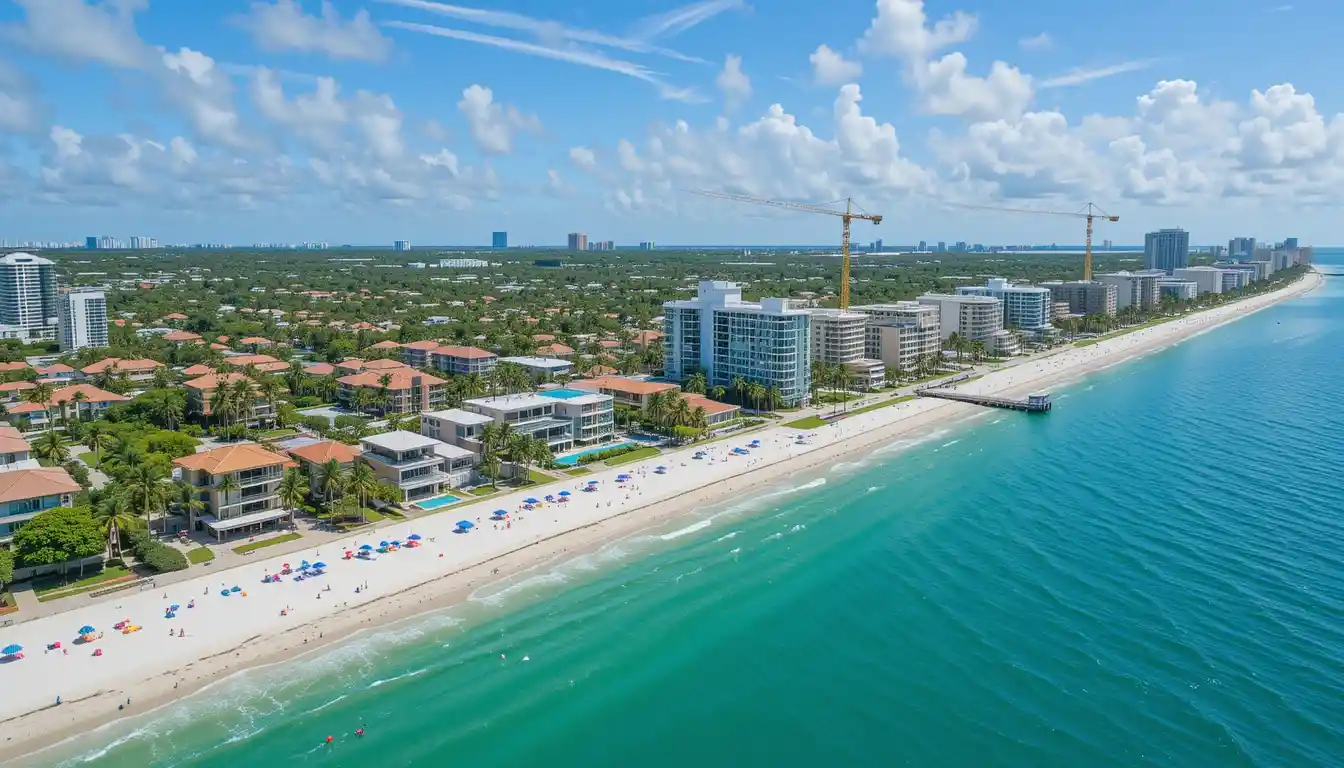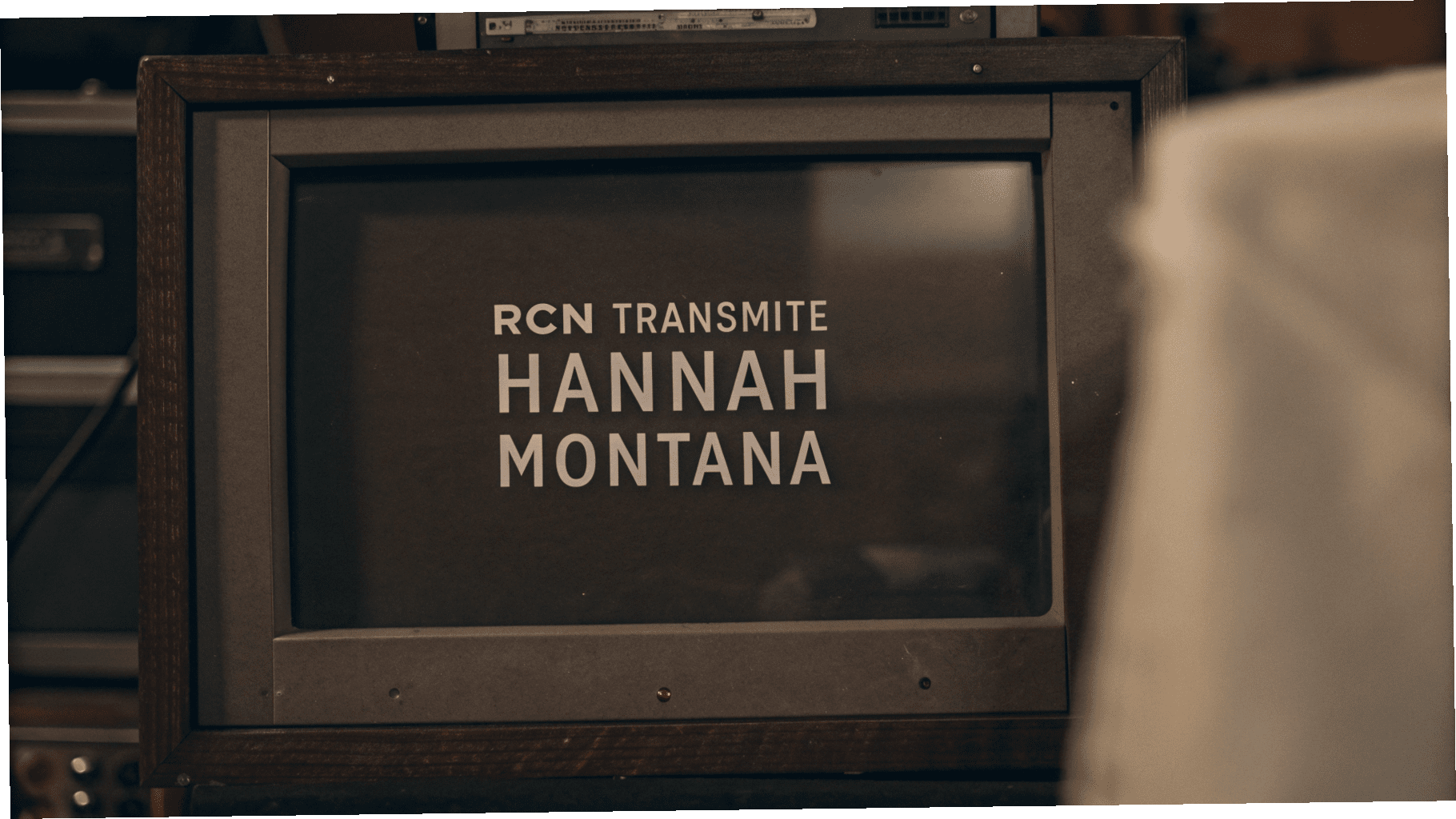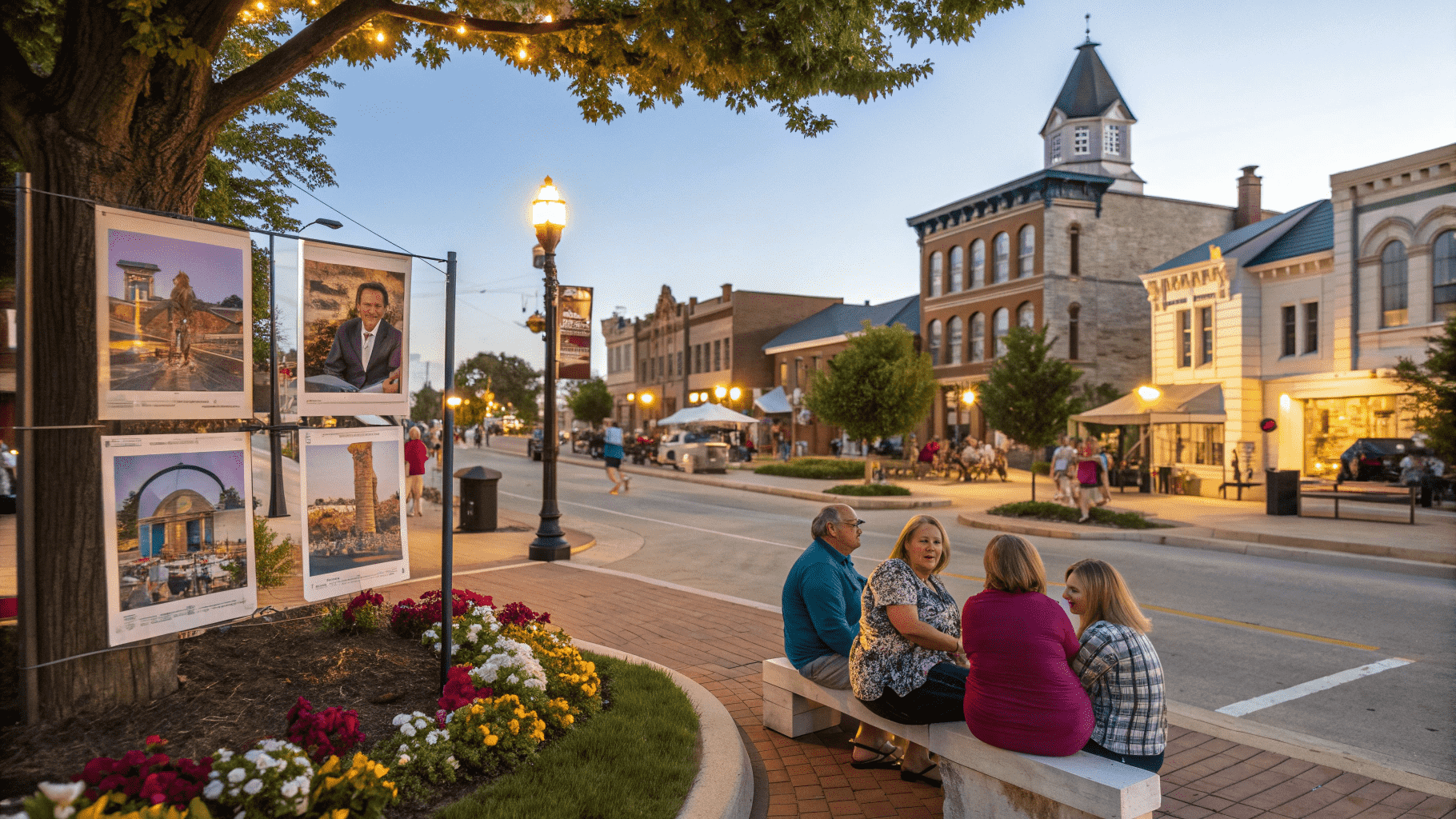Homeowners associations (HOAs) have the responsibility of helping neighborhoods adhere to governing documents and maintain property values. Community management companies assist HOAs and condominium owner’s associations (COAs) with the different tasks involved in running a community. Here is more information about the role of community management in building strong neighborhoods:
Organizing Community Meetings
The HOA and COA boards organize and hold community meetings. These community meetings offer residents the opportunity to share their feedback and have their voices heard. During the regular meetings, residents are able to ratify the community budget, discuss policy changes, and vote on new board members. Holding these meetings helps encourage homeowner participation in community issues and finances. It also helps hold boards accountable for expenditures, preventing fraud and creating transparency between residents and the board.
A community management company assists the board by preparing the meeting agenda and taking notes. Some management companies also offer electronic voting services. This allows community members to participate remotely, helping to meet quorum requirements.
Offering Clear Communication
Clear communication helps create strong neighborhoods by enabling residents to stay informed about upcoming meetings, policy changes, violations, and special assessments. This allows residents to participate in gatherings and pay assessments on time. A management team can inform residents through emails or text messages. An online platform also provides a space for community announcements and in-app notifications.
The board is obligated to inform residents if they are late paying assessments or otherwise violating community rules. This may include issues related to noise, such as late-night parties or failing to maintain a property’s appearance. Receiving a violation warning provides residents the opportunity to correct the behavior or their property before receiving a fine. This protects the value of the property and the neighboring area and helps prevent strain in resident relationships.
Overseeing Administrative Tasks
Administrative tasks include maintaining accurate records of financial transactions and budgets, as well as steps to address noncompliance and topics discussed during community meetings. This also involves addressing homeowner questions and complaints. Keeping records and assisting homeowners allows for issues to be addressed in a timely manner.
A neighborhood may have common areas for meetings and recreation, such as a pool, park, or clubhouse. To maintain these areas in good condition, the board fosters positive relationships with vendors. This allows the areas to be safely used by residents.
A storm may cause damage to community property or amenities, or a building may require larger remediation efforts. Board responsibilities include project management to address these issues. A management team can assist the board by providing project management services, as well as supporting the board with legal responsibilities and vendor management. This oversight enables projects to run smoothly and can help them be completed more quickly.
Learn About Community Management Services
Strong community leadership enables the board to establish a relationship with homeowners founded on trust, fostering a collaborative atmosphere that facilitates problem resolution and fun community events. A management team can assist the board with financial planning and budgeting. They can help the board make informed financial and logistical decisions. Find a reliable management team today.
- Understanding Grandparents Rights in Oklahoma City: Visitation, Custody, and Legal Process
- Choosing the Right Soap Making Supplies for Your Skin Type
- Common Mistakes to Avoid When You Sell Concert Tickets
- When Should You See a Cardiologist for Unexplained Chest Pain?
- How Body Imaging Detects Changes in Joint Health





